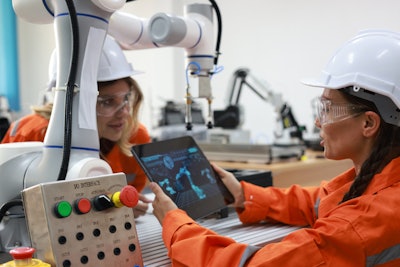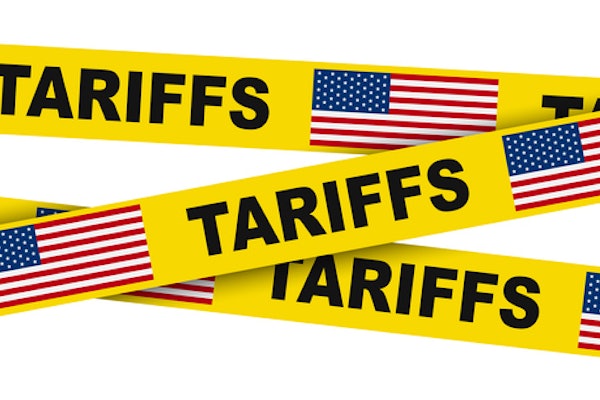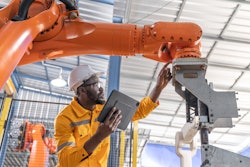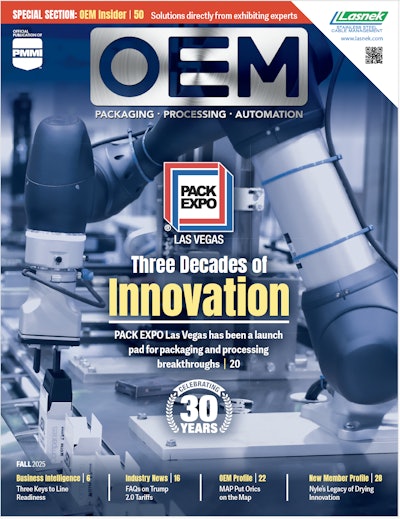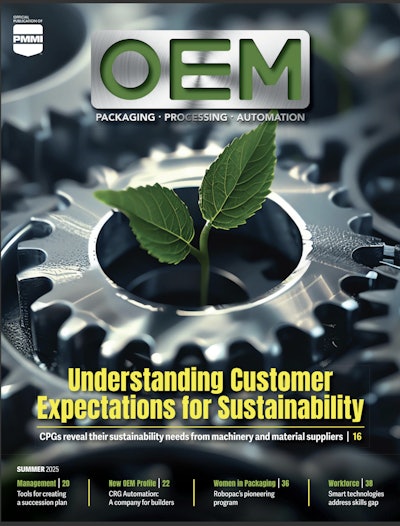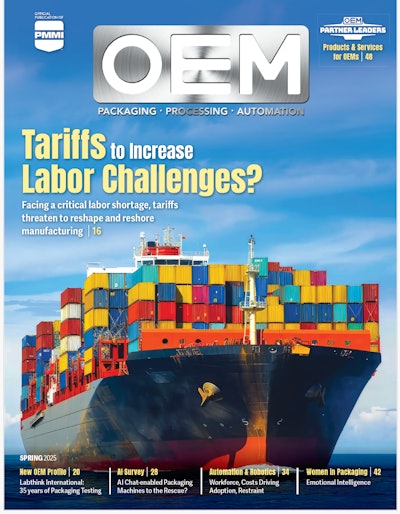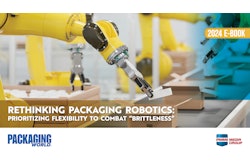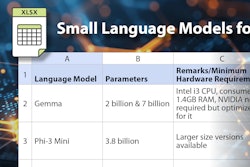Generative AI is already delivering tangible benefits to manufacturing companies worldwide, according to new research from NTT DATA, but major barriers remain, particularly in infrastructure readiness, workforce capabilities, and responsible governance.
The report, "Feet on the Floor, Eyes on AI: Do You Have a Plan or a Problem?" surveyed over 500 manufacturing leaders and decision-makers across 34 countries. It found that manufacturers are accelerating their adoption of GenAI to drive innovation, boost productivity, and gain a competitive advantage.
Key findings from the study include:
- 95% of respondents reported GenAI is already improving efficiency and bottom-line performance.
- 94% expect that integrating Internet of Things (IoT/Edge) data into GenAI models will significantly enhance the accuracy and relevance of AI-generated outputs.
- 91% believe combining digital twins with GenAI will bolster physical asset performance and strengthen supply chain resilience.
- Common use cases cited include supply chain and inventory management, knowledge management, quality control, R&D, and process automation.
“AI is streamlining processes and redefining what’s possible across the entire manufacturing value chain, from supply chain predictions to quality control,” said Prasoon Saxena, Co-Lead, Products Industries, NTT DATA, Inc. “GenAI provides the flexibility organizations need to navigate fast-changing business environments, particularly amid global economic uncertainties such as shifting tariff policies.”
Challenges Hindering Broader Success
Despite growing optimism about GenAI’s potential, the study shines a spotlight on several significant challenges manufacturers must address:
- Aging Infrastructure: While 92% of respondents acknowledged that legacy systems hinder AI initiatives, fewer than half have completed comprehensive infrastructure readiness assessments.
- Complementary Technologies: Although nearly all manufacturers recognize the value of integrating IoT/Edge data into AI models, many report gaps in their ability to execute those integrations effectively.
- Ethical AI Governance: Only 47% of leaders strongly agree that their organization follows a robust ethical framework to balance AI risks and rewards.
- Workforce Skills: Two-thirds of manufacturers say their employees lack the necessary skills to leverage GenAI effectively, posing a major operational risk.
- Data Management: Just 41% strongly agree they have sufficient data storage and processing capabilities to support growing GenAI workloads.
“The most successful manufacturing organizations have already embedded GenAI into their core operations,” Saxena added. “Companies that fail to plan, deploy, and govern GenAI strategically risk falling behind—or planning for failure outright.”
